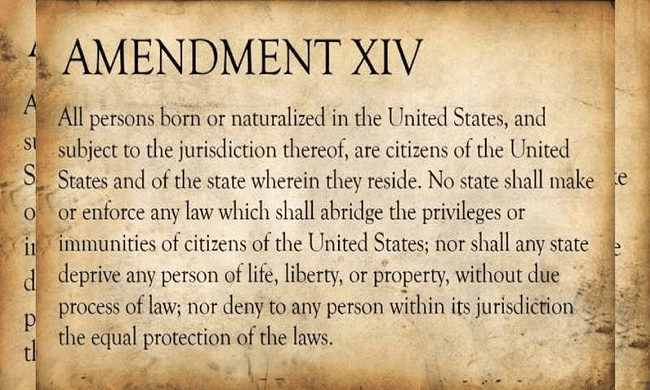
South Park: A Cultural Phenomenon That Keeps Evolving
Since its debut in 1997, South Park has been more than just a television show; it has become a cultural touchstone that reflects and critiques the world around us. Created by Trey Parker and Matt Stone, this animated series has pushed boundaries with its satirical style, outrageous humor, and willingness to tackle sensitive topics head-on. As we explore the landscape of South Park, we’ll dive into its impact on society, the evolution of its characters, the creative risks it takes, and what the future may hold for this iconic series.
The Cultural Impact of South Park
South Park is not just known for its crude humor and controversial subjects; it has also played a significant role in shaping pop culture. The show has tackled everything from politics and religion to celebrity culture, reflecting contemporary issues while providing a comedic lens through which audiences can examine them.
One of the hallmarks of South Park is its ability to stay relevant. Episodes often draw inspiration from current events, which means the writers can create episodes that feel timely and impactful. For instance, following significant political events or societal movements, South Park often releases content that resonates with viewers’ feelings of confusion, frustration, or humor regarding those issues.
The influence of South Park extends beyond television. It has spawned a range of merchandise, including video games, books, and even feature films, making it a staple in popular culture. Its catchphrases have entered everyday vernacular, showcasing how deeply ingrained the series has become in our collective consciousness.
The Evolution of Characters
When South Park first aired, it introduced us to four main characters: Stan Marsh, Kyle Broflovski, Eric Cartman, and Kenny McCormick. Over the years, these characters have evolved in ways that reflect both their fictional lives and the changes in society.
Stan, often seen as the moral compass of the group, embodies the struggle between maintaining integrity and succumbing to peer pressure. Kyle, the voice of reason, is frequently pitted against Cartman, whose unapologetic and often sociopathic tendencies make him one of the most recognizable characters on television. Meanwhile, the enigmatic Kenny, known for his unique muffled voice and frequent deaths, symbolically highlights themes of mortality and resilience in an absurd world.
As the characters age and face new challenges, the writers skillfully balance evolution with the show’s core charm. The way they navigate issues such as mental health, gender identity, and societal divides showcases not only character development but also the show’s commitment to representing a diverse array of experiences.
Breaking Creative Boundaries
What truly sets South Park apart is its fearless approach to storytelling. The creators never shy away from controversy, often using shock value as a device to engage viewers and provoke thought. Whether addressing topics like the pandemic, the #MeToo movement, or the complexities of identity politics, Parker and Stone push the envelope in ways that many other shows would hesitate to attempt.
In recent seasons, the show has adopted a more serialized format, allowing for richer, more complex narratives that span multiple episodes. This shift has opened the door for deeper exploration of themes, giving viewers the chance to follow character arcs and narrative threads across an entire season. While still retaining its signature comedic style, South Park has shown that it can adapt and innovate while staying true to its roots.
Additionally, the use of satire allows the show to address contentious issues without advocating for divisive viewpoints. Instead, it fosters dialogue among its audience, encouraging them to consider multiple perspectives on often polarizing subjects. In this way, South Park serves not just as entertainment, but also as a vehicle for critical thought.
What Lies Ahead for South Park?
As South Park continues to evolve, many fans are left wondering what the future holds for the series. With the announcement of renewal for numerous seasons and ongoing specials, the creators have made it clear that they are committed to pushing forward. But will they continue to tackle the same bold topics, or will they pivot to explore new formats or styles?
Future seasons could see further expansion into social issues, especially as the world faces ongoing challenges related to politics, climate change, and social justice. The capacity for South Park to reinvent itself while remaining relevant gives it an advantage, ensuring that it remains a vital part of the conversation surrounding contemporary culture.
Moreover, as the world becomes increasingly polarized, there is a growing need for shows that can humorously dissect these complexities. South Park has proven adept at navigating the murky waters of societal commentary, and its continued success may depend on its ability to adapt to these changing dynamics.
Conclusion
South Park stands as a remarkable testament to the power of satire and the importance of cultural critique in media. Its exploration of pressing social issues, dynamic character growth, and innovative storytelling methods have solidified its status as an enduring fixture in American television. Whether you’re a longtime fan or a newcomer, there’s no denying that South Park has managed to stay fresh and relevant through the years, proving that laughter—often in the face of adversity—can be one of the most powerful tools in addressing the human condition.
With many more stories to tell and laughs to be had, the future of South Park seems as bright as ever. As long as the world presents new challenges, the creators will find a way to spin them into relatable and entertaining narratives, ensuring that South Park will continue to be a beacon of both humor and insight for years to come.















